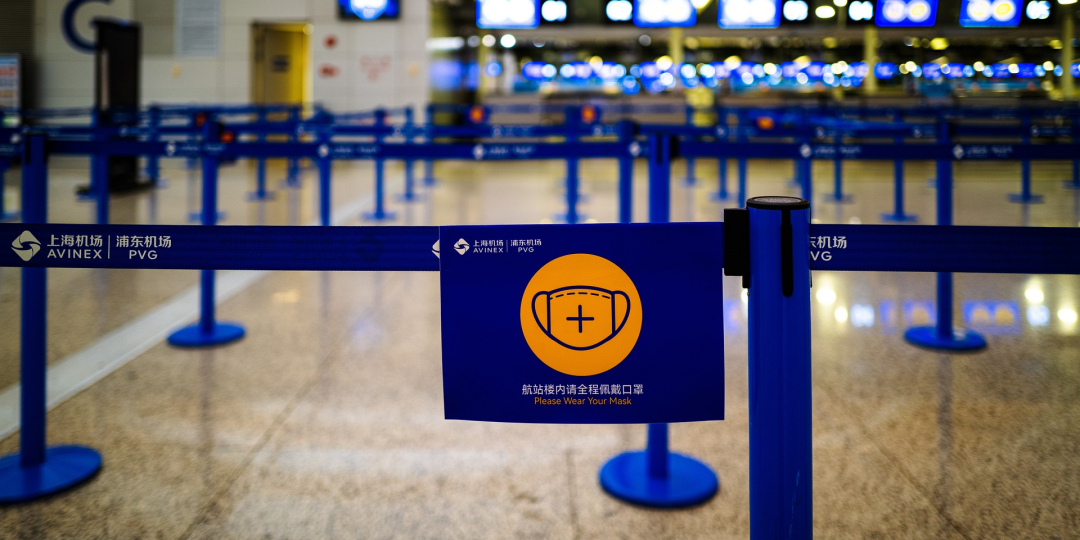Airline and tourism bodies are clashing with governments on attitudes to visitors who have been in China where a COVID wildfire of unknown intensity rages.
Many countries say because of the opacity in Chinese reporting of its epidemic, it is impossible to make educated risk assessments, resulting in the need for reintroduction of PCR tests in some states, vaccination certificates in others, and in at least one, Morocco, a ban on visitors who have been in China.
The European Union has recommended to all its 27 Member States that testing requirements be imposed on all arrivals from China. Besides showing a negative COVID-19 test, travellers will also likely face a mask mandate on flights and random testing on arrival in the EU bloc.
Airlines represented by A4E (Airlines for Europe) and Iata, together with airports represented by ACI (Airports Council International) Europe, lament this recommendation.
According to Iata, the agreement is at odds with the assessment published by the European Centre for Disease Prevention and Control on January 3, which confirms that the current surge of COVID-19 cases in China is not expected to impact the epidemiological situation in the EU. This is because of the variants circulating in China already being present in the EU, as well as the higher immunity acquired by the EU population.
A4E, ACI Europe and Iata support getting away from testing passengers as a way of tracking COVID-19 altogether. The recommendation now is to test wastewater from airports and aircraft arriving from China as an alternative.
“This must however come with detailed consideration of technical and operational practicalities before any decision is taken to deploy wastewater sampling at airports and aircraft. When required, airports and airlines will do their utmost to facilitate such sampling on the understanding that it needs to be carried out by the competent health authorities, as airport and airline staff are not qualified to do so,” a statement from Iata reads.
“A4E, ACI Europe and Iata look forward to further engaging with the EU on the reassessment of these recommendations by mid-January 2023. We urge EU member states and China to work together and to reconsider at the earliest opportunity their requirements for systematic pre-departure testing of travellers based on a scientifically driven risk assessment.”
The World Travel & Tourism Council (WTTC) has also weighed in on the decision by countries around the world clamping down on travellers arriving from China, maintaining that “knee-jerk travel restrictions show that governments have learned nothing about the behaviour of this virus and continue to ignore the World Health Organization’s advice that border restrictions do not stop the virus mutating or moving around the globe”.
“After nearly three years, it is great news that China is finally opening up. Chinese visitors around the world contributed US$ 253 billion (R4,3 trillion) to the global economy in 2019, creating jobs and boosting regional economies. The recovery of the Chinese Travel & Tourism sector is very welcome,” says Julia Simpson, WTTC President and CEO.
“The reintroduction of ineffective COVID testing of Chinese travellers is a step backwards for the global travel and tourism sector,” Simpson adds.
More countries restrict travel from China
The latest nations to join those imposing new restrictions against travel from China are Ghana and the United Arab Emirates.
Travellers arriving in both countries from China must now show proof of a negative PCR test result no older than 48 hours before departure. Another test must be taken on arrival in Ghana, at no extra cost to the traveller.














